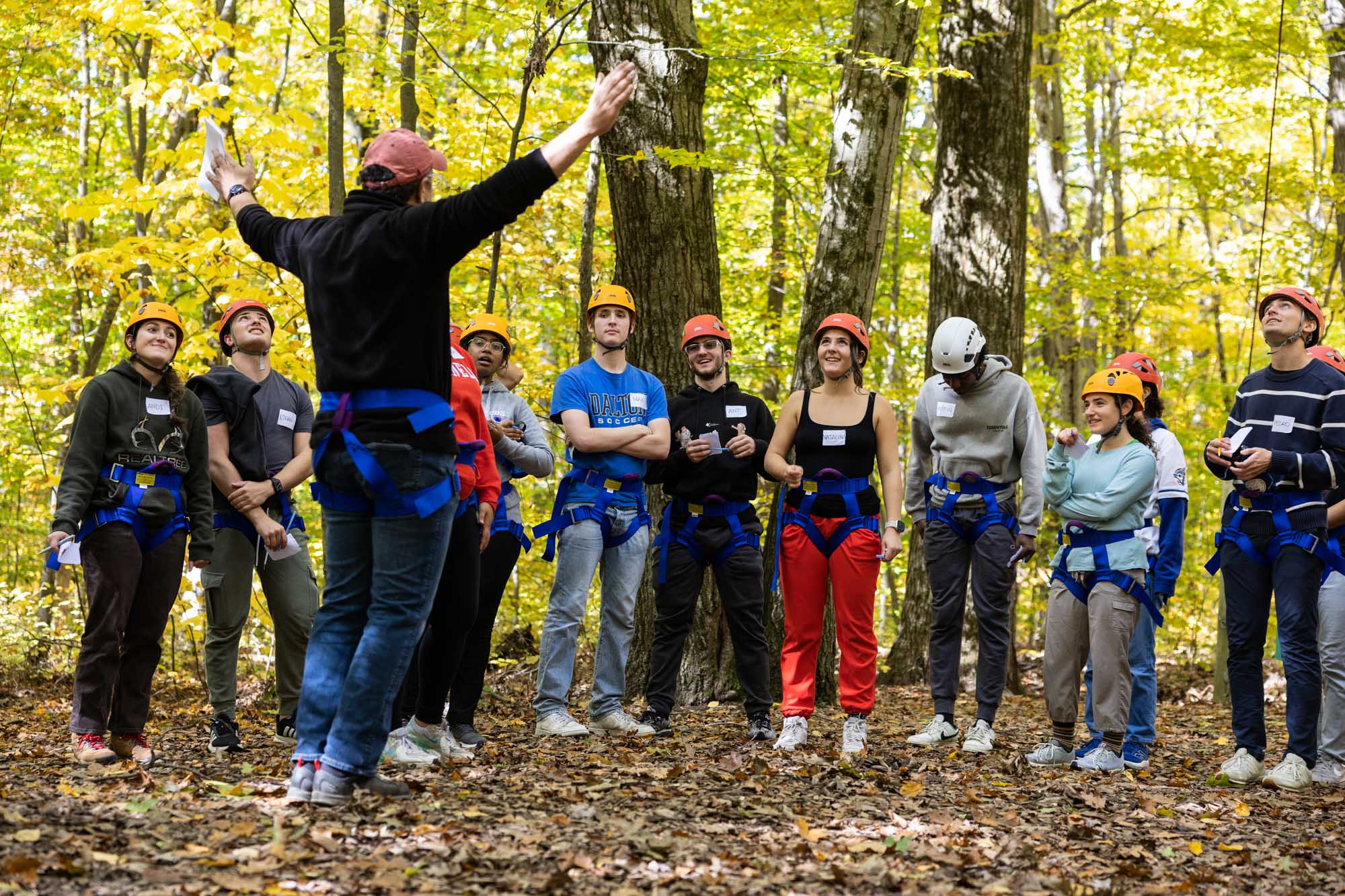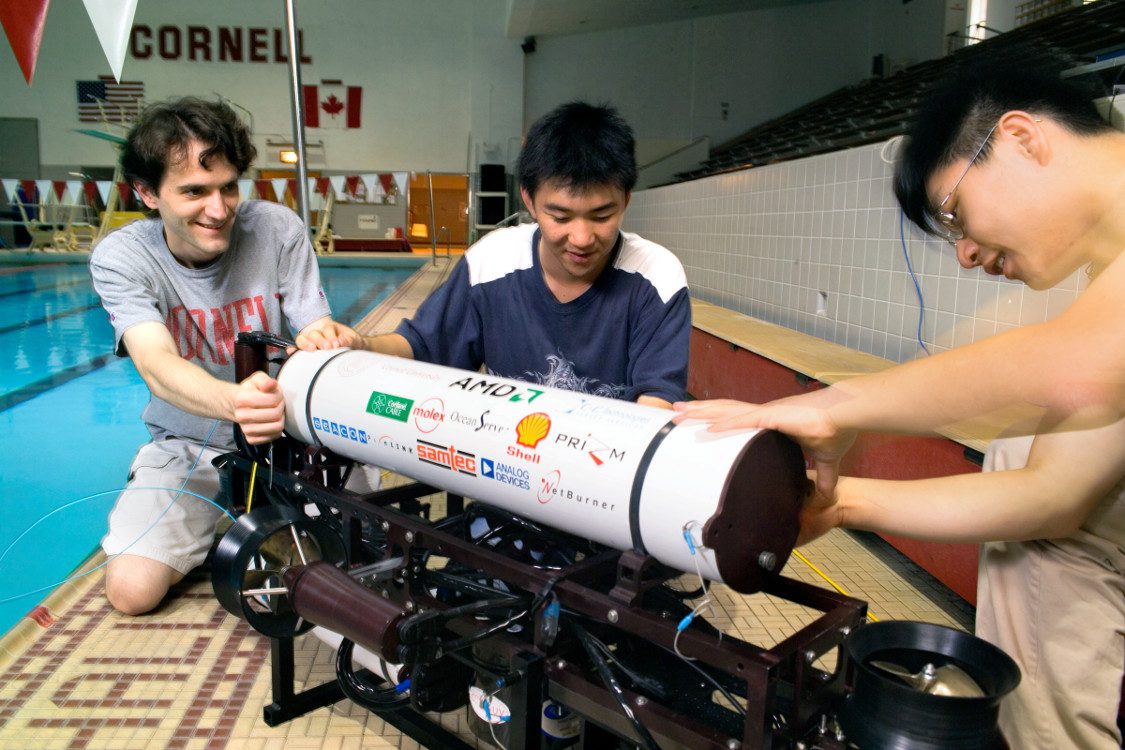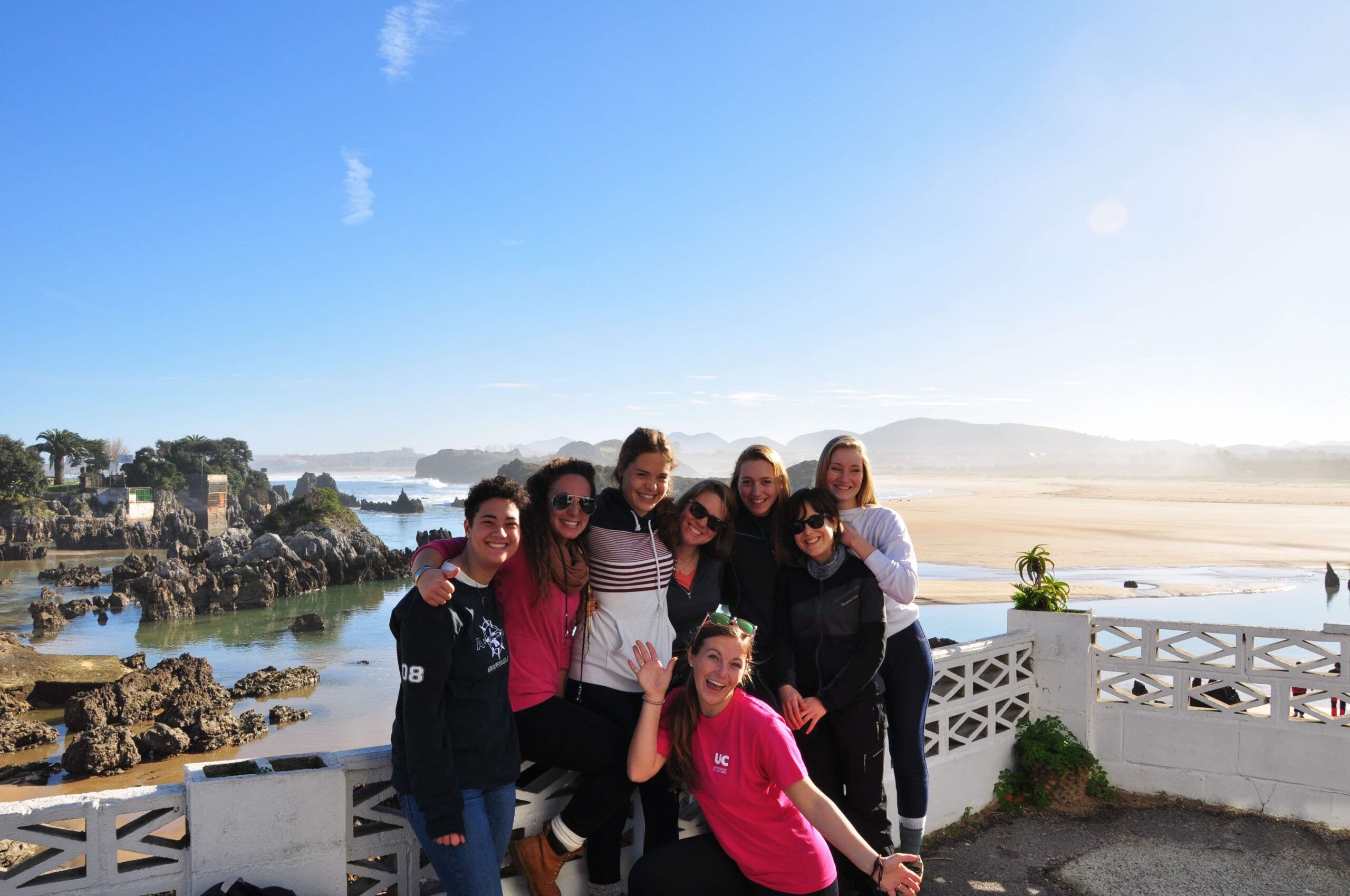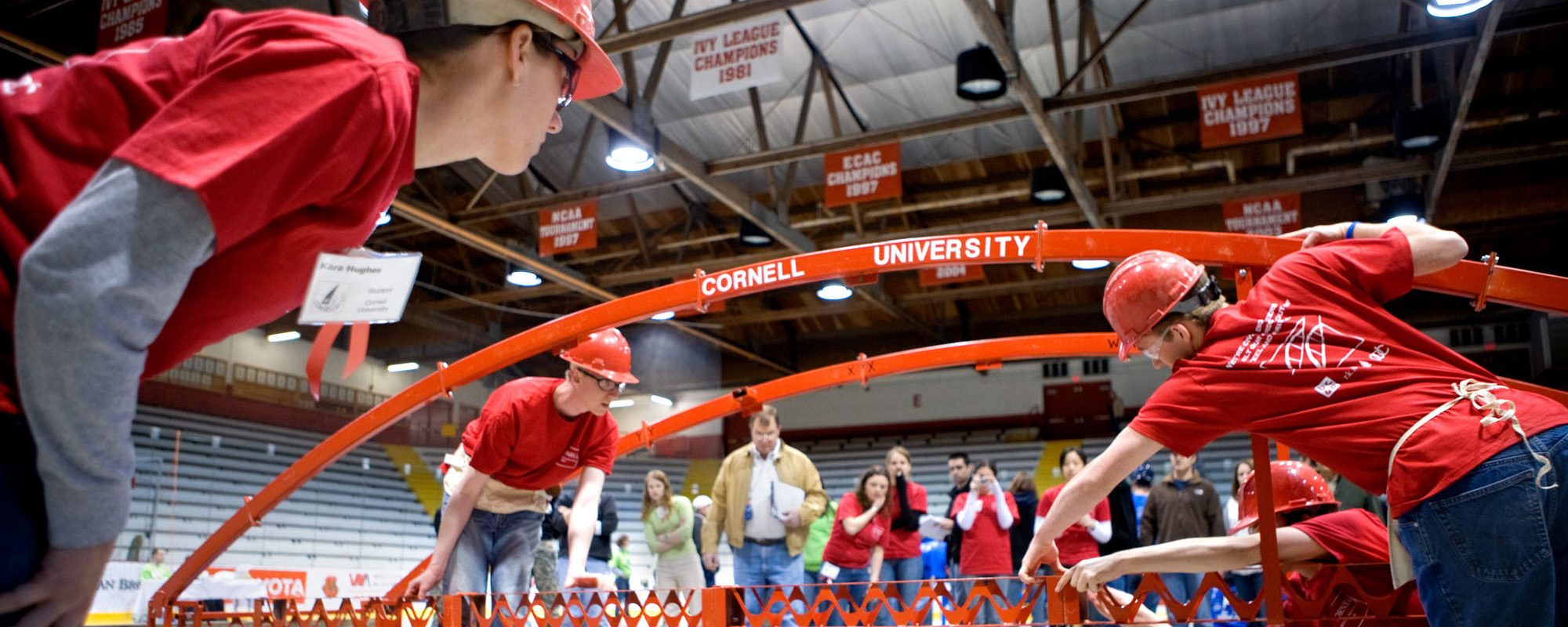“Experiential learning” is often defined as “learning by doing” or “hands-on learning.” In our context, it includes opportunities to develop both technical and non-technical skills through project teams, undergraduate research, co-ops and internships, international experiences, entrepreneurial activities, and project-based courses.
Engineering Communications Program
The primary goal of the Engineering Communications Program (ECP) is to help undergraduate engineering students develop strategies for learning how to communicate effectively and efficiently. In collaboration with Cornell Engineering departments, faculty, organizations, businesses, and even departments outside the college, ECP offers various options to fulfill the Engineering Communication Requirement (formerly the “Technical Writing Requirement”). These options focus on learning to communicate in specific contexts. For example, ECP offers seminar-style courses dedicated to communication, writing-intensive courses within specific disciplines, and the Writing Intensive Co-op, where students receive communication instruction integrated with workplace experience.
Selander Center for Engineering Leadership
The mission of the Selander Center for Engineering Leadership is to develop leaders who tackle the world’s biggest challenges with knowledge, skill, insight, and courage. This is achieved through classes, seminars, supplemental instruction in design courses, the Engineering Leadership Certificate Program, and other initiatives. Combining empirically derived knowledge with personal inquiry and growth, the program emphasizes engaging both the heart and the mind in leadership development.
Engineering Project Teams
Project Teams offer students a unique learning opportunity by allowing them to solve complex problems while gaining real-world engineering experience. Led and run entirely by undergraduates, these teams complement classroom and laboratory learning, helping students develop leadership and professional skills alongside teammates from diverse backgrounds across the college and university. With students from various academic fields, including engineering, business, and the arts, project teams take a multidisciplinary approach. Each team is divided into sub-teams, giving students the chance to gain expertise in areas like business, design, marketing, fundraising, education, operations, and logistics. Faculty advisors and dedicated staff provide technical and administrative support, and participants can earn academic credit for their work, a unique feature of this program.
Innovation & Entrepreneurship
As an active participant in the university-wide Entrepreneurship@Cornell program, Cornell Engineering has a wide range of courses, events, and experiential learning activities designed to help students begin their journey of business creation and success in any engineering discipline.
International Experiences
There are a variety of options available for engineering students interested in studying abroad. Cornell Engineering supports five exchange programs- University of Cantabria, University of Comillas-ICAI, Technical University of Denmark (DTU), Hong Kong University of Science and Technology (HKUST), and Technion-Israel Institute of Technology. In addition, the Office of Global Learning manages numerous programs for Cornell students. Students should start planning as early as possible — the first year is not too early to put plans into motion! Engineering Advising is available help students think through the process.
Research Experiences
Research affords students the opportunity to interact closely with faculty and, in many instances, to develop valuable industry connections. When involved in research, students will also find themselves working with peers who share their passion for learning. Check out an overview of undergraduate research at Cornell and guidance on getting started through the University’s central Office of Undergraduate Research. Undergraduate engineering students and their faculty mentors may apply for semester or summer funding awards, administered through the Office of Inclusive Excellence, to support undergraduate research engagement. Although some students may receive support through individual faculty research grants or may instead opt to gain academic credit for a research project, the college’s Student Grant Program offers an additional source of support. Funds may be used to provide student wages or to cover project expenses.
Simpkins Family COMPASS Program
Cornell Engineering graduates are known for their technical prowess, but employers are often looking for something more. The Simpkins Family COMPASS Program connects first- and second-year students with alumni mentors who provide an experienced engineer’s perspective on the teamwork and leadership skills students should develop. Mentorships are structured through a 2-credit course that teaches critical thinking and decision-making tools that help students determine which opportunities to seek and which to forego as they design their undergraduate experience based on their goals, values, and competing interests.



